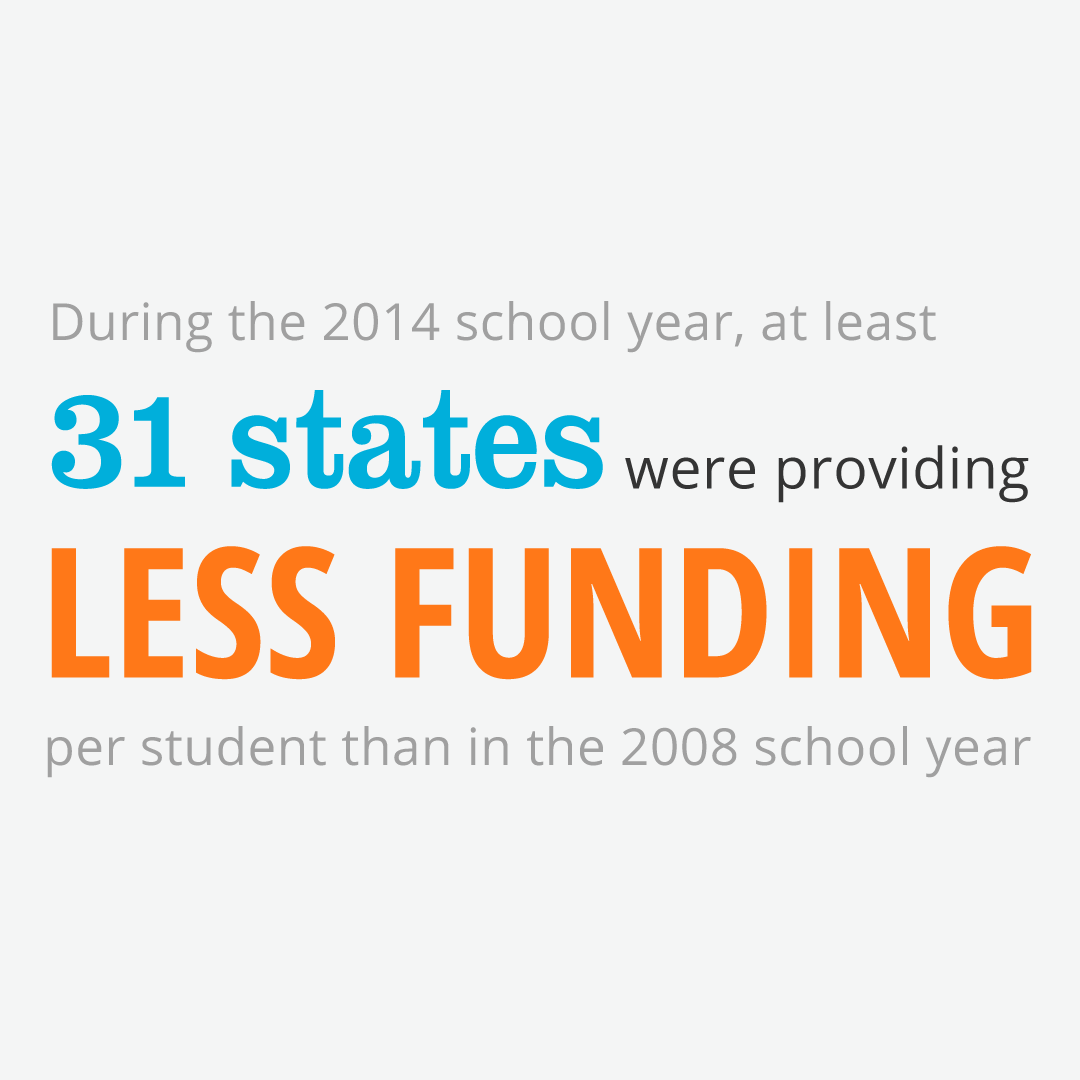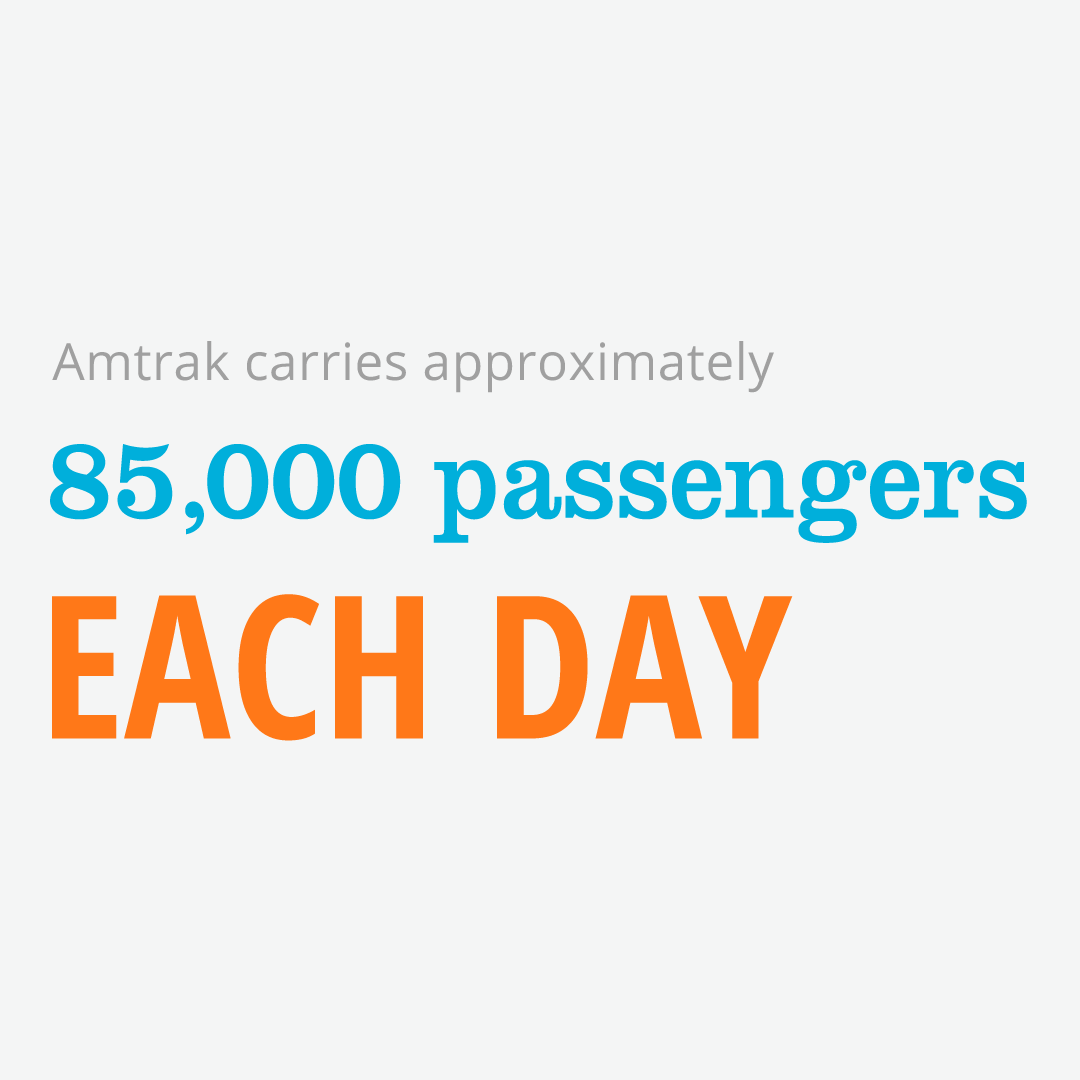America’s mayors are at the forefront of infrastructure initiatives – from public works projects to filling potholes, repairing roads, solid waste management, and more. Mayors from small to large cities, from the South to the West, from Midwest to Northeast, argue that investing in infrastructure to generate jobs and economic growth is the top immediate (69%) and long-term (71%) priority for mayors, according to a new study released this week by the U.S. Conference of Mayors and Siemens USA, conducted by The Harris Poll.
The study, “Infrastructure, Technology and Mayors’ Priorities for Confronting a Health, Economic and Societal Crisis” finds that while infrastructure investment and job growth is a priority, COVID-19 has had detrimental impacts on city operating budgets. Nearly all mayors (98%) expect their city’s operating budget to decline over the next 12 to 18 months, with 2 in 3 (66%) attributing all or most of the decline to the COVID-19 pandemic. However, these mayors agree that infrastructure improvements are necessary to support a strong recovery and more resilient future.
In terms of sustainability and environmental goals, roughly two-thirds of mayors say that achieving their city’s stated carbon emissions goals (68%), investing in electric vehicle infrastructure to support increase in electric vehicles for public transit, commercial, and personal use (68%), and implementing resilient energy projects to respond to power outages and/or weather-related outages (66%) are a medium or high priority. Deploying more sustainable sources of power generation is a medium or high priority for slightly fewer (61%.). Further, while about 2 in 5 mayors say COVID-19 has not impacted their city’s sustainability environmental goals, about 1 in 4 say it has caused them to adopt new measures of these goals, decelerate their timeline, or caused them to shift the goals.
On transit, many mayors say now is the time for investment in transit-related capital projects to address long-term needs, such as job creation, which will aid in economic recovery. Two-thirds of mayors (67%) agree that now is the best time for their city to invest in transit-related capital projects to address longer-term needs, likely linked to a majority (92%) who agree that updating roads, signaling, sidewalks, or tunnels/bridges will help bring back jobs and revitalize their city’s economy.
This new study supports ASCE’s push to Congress for federal assistance to states and localities. The vast majority of mayors agree that the federal government should be doing more: 94% agree that the federal government should provide emergency fiscal relief for America’s cities to mitigate the budget shortfalls resulting from COVID-19’s impact on their local economies and 86% say that without financial assistance from the federal government, the ability of their city’s economy to bounce back will be significantly delayed.
Earlier this summer, the National League of Cities reported that over 700 cities will need to delay or cancel capital investments in infrastructure due to the pandemic. Delays of this magnitude will have a long-term impact on the state of our nation’s infrastructure. State and local revenues have been decimated and this will constrain their ability to keep up with road maintenance and address unbudgeted crises. Across the country, American families are paying a hidden tax of $9 dollars a day due to our D+ outdated, unreliable infrastructure
Read more about this survey’s findings in the Executive Summary.
This survey was conducted online by The Harris Poll in partnership with the U.S. Conference of Mayors, on behalf of Siemens USA, between August 24 and September 1, 2020, among 124 mayors of U.S. cities with a population size of 30,000 or more.























































